I'm really new to Python, only working on it, as another guy in my team left and need to get some work over the line, so apologies if this is a stupid question.
I need to remove items from a list (they'll contain a certain phrase) and have googled and tried a few ways but it doesn't seem to be working.
What I've currently got is,
def get_and_count_card_files(date):
# Retrieve the DC and SD card files
dc_files = dc_card_files.get_dc_files(dc_start_location, date)
sd_files = sd_card_files.get_sd_files(sd_start_location)
print(dc_files)
if '*NoCover*' in dc_files:
dc_files.remove('*NoCover*')
Dc_files being the list (bunch of file names) and I need to remove anything that has NoCover in the file name. It does exist as the print function shows me it does.
Anyone any idea what I'm doing wrong
